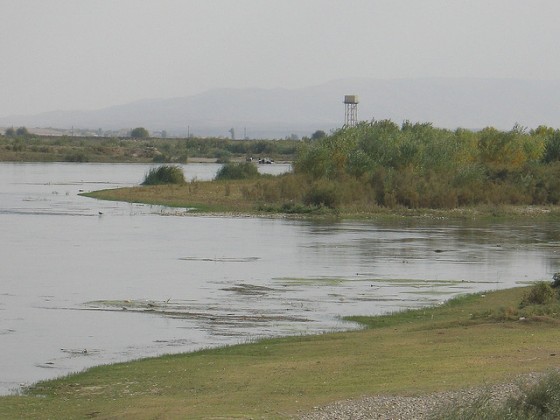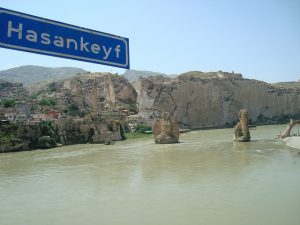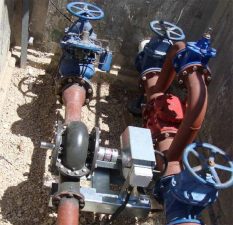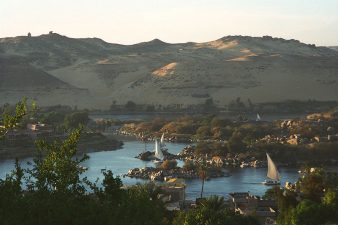The Tigris River has sustained the inhabitants of modern-day Iraq for millennia. Are Turkey’s hydraulic projects threatening this vital resource?
Turkey’s massive Southeastern Anatolia Project (GAP) is an effort to develop the country’s southeast region sustainably, through the use of hydropower plants, irrigation canals, and more. Whether such developments are truly sustainable has long been debated within Turkey. Now, international critics are arguing that Turkey uses its portion of cross-border rivers irresponsibly, without regard for the communities that rely on them downstream.
GAP is directly damaging relations between Turkey and Iraq, writes Iraqi water expert Ja’far al-Zarkoushi in the daily Iraqi government newspaper al-Sabah. Aside from the environmental degradation that Turkey’s dams have incurred domestically, their existence has become one of the biggest sources of contention between Turkey and Iraq.
Upstream bully
Turkey has begun building hydraulic dams on the Tigris and Euphrates Rivers, both of which are crucial watersheds for settlements in northern Iraq.
Yet no international agreements have been drawn up to establish the rights of Turkey and Iraq. Turkey has pursued its development goals unilaterally, even though it directly controls how much water is released from the rivers into Iraq. Over the next twelve years, an additional 1,700 dams are expected to be constructed as part of GAP.
Al-Zarkoushi argues that Turkey’s dams use water wastefully, leading to unnecessary water shortages in both countries. In Iraq, where ecosystems are already highly fragile and water-dependent due to the arid climate, these shortages have a much higher impact than in Turkey.
Turkey’s international reputation deteriorating
This isn’t the first time Turkey has come under fire for GAP’s effects on other countries. In June, the Iraqi government placed economic sanctions on Turkey over the issue, and the United Nations issued a harsh report accusing GAP of violating human rights.
Nor is this the only example of Turkey trying to secure an energy supply at the expense of its diplomatic relations with other countries. Turkey’s efforts to drill for natural gas in the Mediterranean have put a new strain on its already tense relations with Israel, Greece, and Cyprus.
Read more about the geopolitics of Turkish energy:
Natural Gas Creating New Axes Of Alliance Across Mediterranean
Turkey’s Dams Are Violating Human Rights, UN Report Says
Hydropower Could Meet More Of Turkey’s Energy Demand, But At What Cost?
Image via adamhenning





Is this any different than Ethiopia and Uganda with the Nile; the USA with the Colorado river; China with the Irrawaddy and Mekong; Israel and the Jordan river? All of those nations have altered the downstream flow of rivers that they share with other nations downstream without regard to the consequences.
Why does this article make it seem like Turkey is doing something against international norms?
Iraq has plenty of oil it can sell in order to purchase the water they used to get for free from Turkey.
Additionally Iraq is still notoriously wasteful with the water it gets right now with endless unlined canals, and poorly maintained water storage areas that enhance loss through evaporation.
As it stands with all the water the poor water management practices of Iraq waste, what this article wants is for Turkey to continue to supply water so Iraq can waste a lot of it.
Before Iraq or any desert nation complains about their situation (like Egypt and the Sudan) they should ensure that the waste that is currently widespread is eliminated.
Sometimes money can get in the way of doing the right thing.
Seemingly a lot more than sometimes…